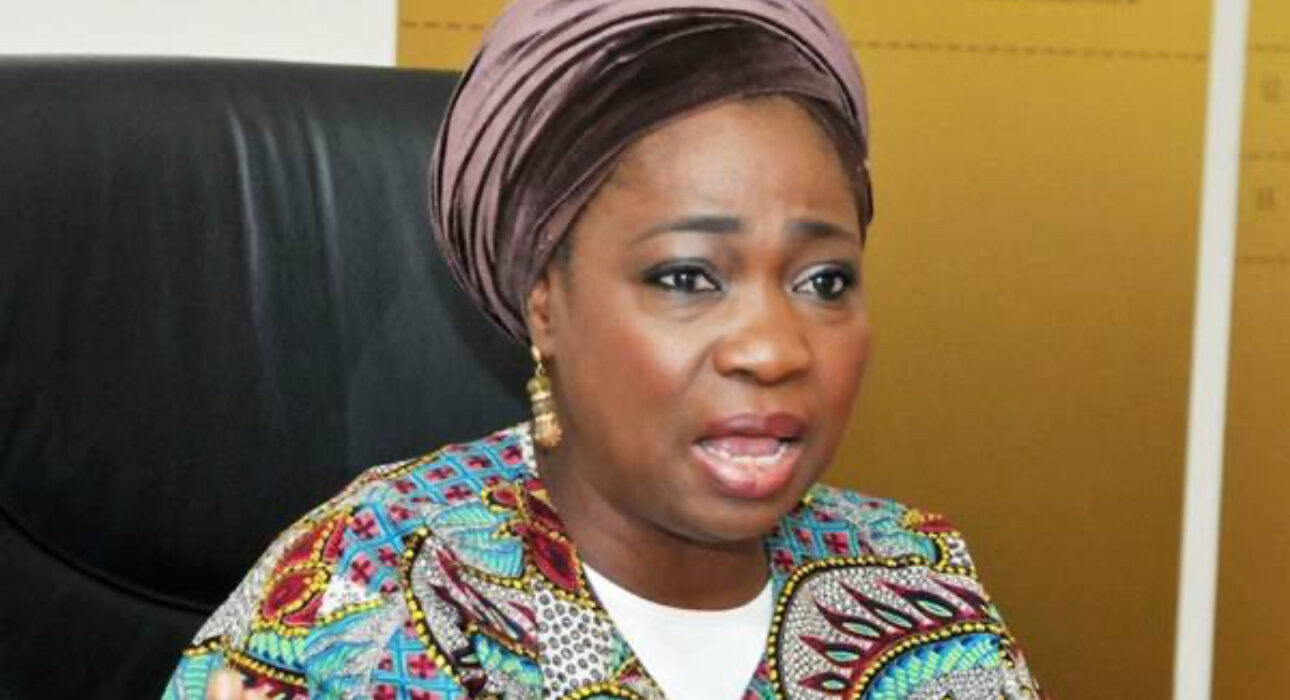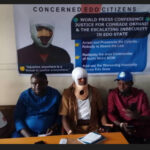NIDCOM Boss Urges Fairness Amid Crime Stereotypes, Warns One Bad Apple Should Not Define Nigerians Abroad

The Chairperson of the Nigerians in Diaspora Commission (NIDCOM), Abike Dabiri-Erewa, has cautioned against generalizing or criminalizing Nigerians living abroad based on the unlawful actions of a few individuals.
She made this statement while reaffirming the need for global perception to distinguish between individual misconduct and the collective identity of millions of hardworking and law-abiding Nigerians overseas.
Dabiri-Erewa, a former member of the House of Representatives and longtime diaspora advocate, emphasized that “one bad apple should not spoil the whole bunch,” urging foreign authorities and the media to avoid painting all Nigerians abroad with a broad negative brush.
Her comments followed recent high-profile criminal incidents involving Nigerian nationals abroad, which have sparked waves of criticism and reinforced harmful stereotypes about the Nigerian diaspora.
While she acknowledged the gravity of such crimes, Dabiri-Erewa insisted that these isolated cases should not overshadow the countless positive contributions made by Nigerians in medicine, academia, entrepreneurship, technology, and diplomacy around the world.
“Crime has no federal character,” she said. “It does not wear a particular ethnic, national, or racial identity. It is wrong to use the actions of one or a few individuals as a measure of an entire people.”
Dabiri-Erewa also noted that Nigeria continues to produce outstanding professionals across multiple continents, many of whom are breaking barriers and uplifting the country’s image.
She cited examples of Nigerians in the U.S., UK, Canada, and Europe who are recognized for excellence in law, education, innovation, and public service.
In addition, she reaffirmed NIDCOM’s position of standing firmly with law-abiding Nigerians abroad, while stressing that the commission does not condone any form of criminal activity.
“If any Nigerian breaks the law, they must face the consequences,” she stated. “But it is equally important to protect and promote the dignity of the majority who are doing well and making the country proud.”
Her call comes amid growing concerns from diaspora communities about unfair profiling, increased immigration scrutiny, and media narratives that often amplify negative cases while ignoring positive stories.
NIDCOM, under her leadership, has continued to advocate for better treatment of Nigerians abroad and has worked to provide consular support, legal aid, and reintegration programs for returnees.
Dabiri-Erewa also called on Nigerian media and citizens to help reshape the narrative, encouraging balanced reporting and celebrating success stories that reflect the true image of the Nigerian diaspora.
As conversations about migration, national identity, and global justice evolve, her remarks resonate as a reminder of the dangers of stereotype and the importance of distinguishing individual criminality from collective identity.









